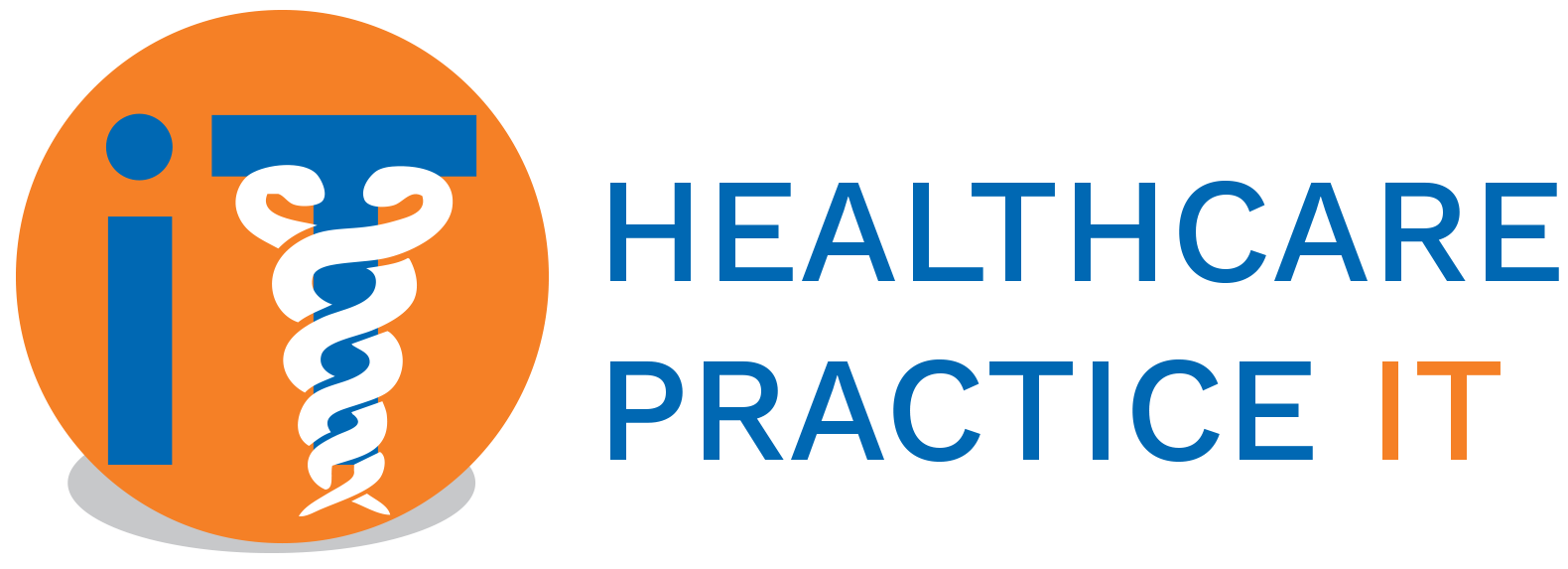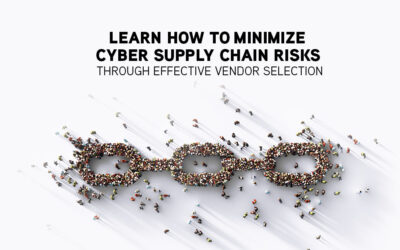12 Steps to help you improve your security
Why Zero Trust is important to Cybersecurity
According to the National Cyber Security Center, in 2021 there was a huge increase in the amount of ransomware attacks reported globally. Supply chain attacks increased dramatically, double extortion enabled hackers to export stolen data to separate locations, and unpatched vulnerabilities continued to be one of the most common exploits hackers used to steal data. To top it off, the US Treasury credited $5.2 billion in bitcoin transactions to ransomware.
Unfortunately, ransomware is showing no signs of slowing down. In the first half of 2021, the average ransom payment was $570,000, which was an 83% increase from the previous year’s findings, reported at $312,000. With ransomware on the rise, attacks will continue to infect schools, businesses, hospitals, banks, and government offices. Hundreds of new strains of ransomware continue to flood the internet daily, so how are you supposed to better protect your businesses?
At Healthcare Practice IT we want to help you build a cybersecurity stack that is resilient to any cyber-attack that comes your way. We understand how important it is to not only protect your business but also those you look after. You’ll also see why the need for a policy-driven, Zero Trust, endpoint security solution has never been greater.
12 Steps to help you improve your security:
- Default Deny
- Add Dual Factor Authentication to Management Tools and Servers
- Lock Down Perimeter Firewall
- Restrict User Access
- Don’t Just Look for Malware, Look for the Footholds
- Set Default Lockout Group Policies
- Patch your Computers
- Disable Macros
- Use Secure Passwords
- Monitor your Domain Admins Group
- Turn on Windows Firewall
- Don’t Make Users Local Administrator
Interested in learning more about how Healthcare Practice IT can help you stay better protected against ransomware? Why not schedule some time with Andy Roe. www.calendly.com/AndyRoe
More blog articles
Minimizing Cyber Supply Chain Risks through Effective Vendor Selection
Cyber supply chain risks refer to the threats that arise from the use of products or services provided by external vendors in an organization’s IT infrastructure. These risks can originate from various sources such as malware-infected software, compromised hardware, or unreliable service providers.
Co-Managed IT for Healthcare Organizations
Co-managed IT is a service model that can help healthcare organizations
improve their IT infrastructure while minimizing risk and cost. By partnering
with a co-managed IT provider that specializes in healthcare, organizations
can ensure that their IT systems are secure, compliant, and optimized for
performance. Learn more about the benefits of co-managed IT for
healthcare organizations and how to implement it in our latest blog post
Co-Managed Healthcare IT Myths
Co-Managed IT Services have emerged as a viable solution for healthcare organizations to leverage the benefits of IT without breaking the bank. In this article, we debunk some of the most common Co-Managed IT myths and explore the benefits of partnering with a Managed Service Provider.




